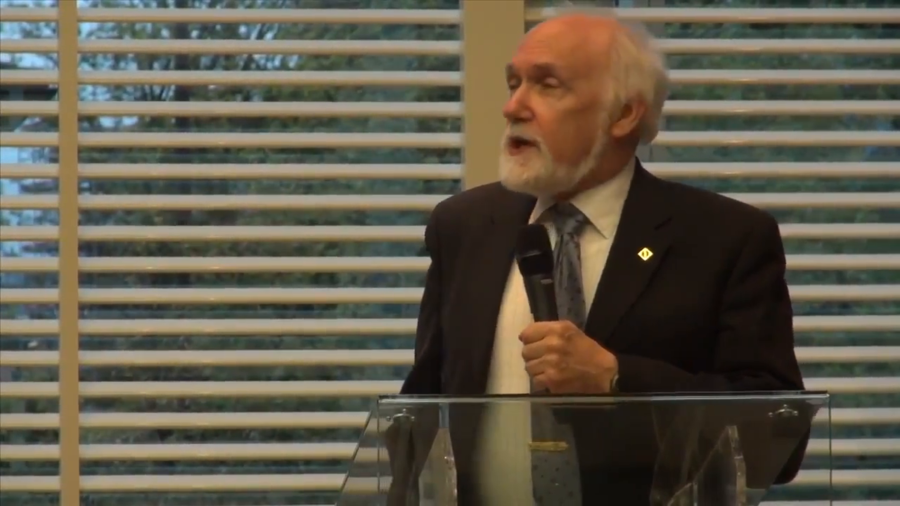When ISOC told me about this, I spent considerable time being honored and considerable time being awed about being in this particular company. When many of the people in this room were beginning to lay the groundwork for the network in the 60s, I was working as a political scientist and worrying about communications patterns and how those worked. And I was working with and for a guy name of Ithiel de Sola Pool, who among his many contributions was co-responsible for the theory of contact networks, which we seem to have done some things about in recent years.
So we were thinking about communications, and communications among people, and how that would affect things. And we even got to think in the late 60s about what we would do as a human population with an intergalactic network. And internationalization turns out to be easy once you start worrying about how to deal with a Martian character set. Or a Martian language, or for that matter a Martian.
So we were speculating on those sorts of things, and I guess I had more insight then into where this would end up than I’ve had most of the years in between. But we thought we understood a lot of where this was headed and there were a number of areas in which we were right. And various in which we weren’t.
In 1968, Ithiel and Jay Licklider began putting together a project to try to make advances in computing the social sciences to parallel the advances which were perceived to have occurred in the physical sciences a few years earlier. And we started system building.
And then Lick mentioned that there was this network thing which was starting to get built. And he was very concerned that we get some applications on it early and we start worrying about what the applications of that network ought to be, because you know…networks are really interesting, but unless you use them for something—…
So, I get drawn in to some early experiments. And one of the reasons why I was pleased and astonished by this award is that Vint took me aside in the early 70s, and said, “Wouldn’t you really like to be working on the network development instead?”
And I said, “Well, you know I’m really interested in applications of what you use the things for.”
And Lick said, “Well, okay.” And this conversation got repeated a number of times over the next several years. And during most of those conversations, Lick ended by saying, “You know that if you sit on the application side, you are never going to get any respect from the people that build networks.”
So I’m extremely honored and pleased to report one of extremely few areas in which Lick was wrong. And thank you all very much.
